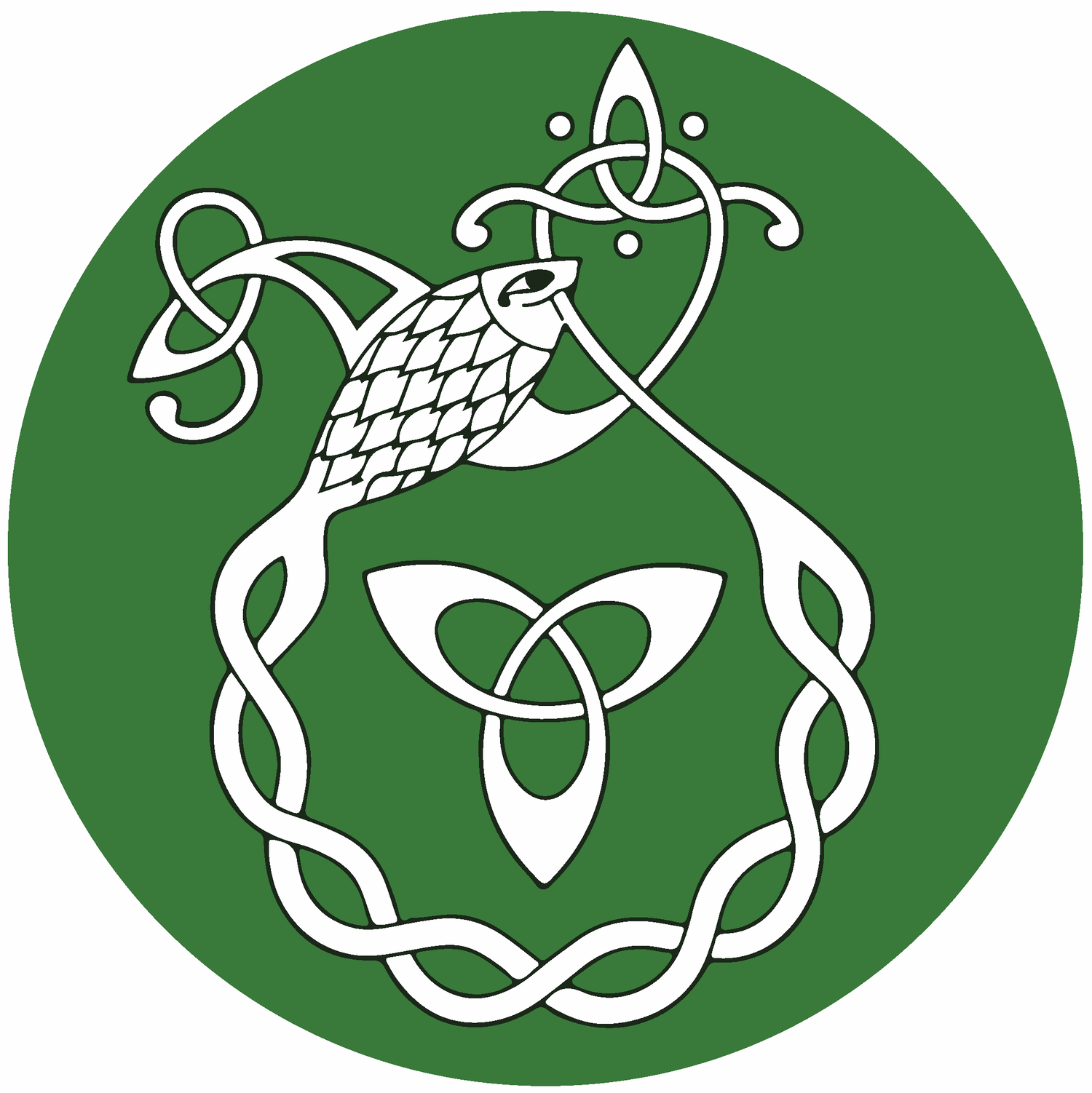Disappearance of Gaelic (1913)
Seán Seosamh Ó Gorman of Ottawa, Ontario
In this letter to the newspaper Claidheamh Soluis on February 15, 1913, Ó Gorman stated his belief that his church, south of downtown Ottawa, was the only one remaining which offered an annual service in Irish. He also reveals some of the practical challenges at the time for Irish speakers outside Ireland, including the effect of the loss of the Gaelic typeface.
A Chara,
I enclose a copy of the address which the Cumann Gàidhlig Chanada, an organisation largely Protestant, presented to one of the most distinguished members of the Catholic Hierarchy in Canada, Mgr. Neil MacNeil, on the occasion of his being transferred from Vancouver to Toronto. While Irish Gaelic has disappeared in Canada, and hence ceased to be a vehicle of religious instruction (I am the only priest in Canada who preaches an annual sermon in Irish), Scottish Gaelic is still used in preaching, teaching catechism, and hearing confessions in Nova Scotia. I have copies of three sizes of catechisms in Gaelic in use in Antigonish Diocese. Of the Canadian bishops in the year 1912, at least five spoke Gaidhlig. Many families in Antigonish Diocese have a copy of the Catholic edition of the Tiomnadh Nuadh published in Aberdeen in 1875. In this they are better off than are the Catholics in Ireland. I may add that the Gaidhlig will inevitably die out in Nova Scotia as it practically has in Glengarry, Ontario, but in the meanwhile it is being used by Catholic priests and bishops as an apt, and often the only available, medium of religious instruction.”
Rud Eile. Living a few thousand miles away from Ireland it is hard to keep in touch with the progress of the language movement in Ireland. I am at a loss to know, for example, why the Coiste Gnótha publishes its minutes in ordinary roman characters without accents. If the Irish characters be an obstacle to the progress of Irish studies (I fail to see that they are), then by all means let us have the Latin characters. But the Irish language, like the French, uses accents; so does Scottish Gaelic. Did the “Ard-Fheis” authorize the Coiste Gnótha to throw the accents into Dublin Bay? If the printers of the official organ need a new set of type with accents (and with dots for aspiration), then by all means let them get them. Irish without accents reminds one of the type of French found on menu cards.
S.S. [Seán Seosamh] Ó Gorman.
About the Author
Seán Seosamh Ó Gorman (John Joseph O'Gorman), born in Ottawa in 1884, was a prominent Roman Catholic priest and military chaplain whose life was intricately linked to the Irish language in Canada. Educated in St Patrick’s School and the University of Ottawa, Seán Seosamh became fluent in Irish and was an active member of the Ottawa Gaelic Association. Ordained as a priest in 1908, Seán Seosamh preached in Irish for the 200 residents of Ottawa’s Glebe suburb in the newly formed Blessed Sacrament Parish, created from the southern part of St. Patrick’s Parish.
When World War I erupted, Seán Seosamh encouraged the participation of Irish Canadian Catholics in the war effort and he enlisted himself as a Chaplain. Though wounded at the Somme, Seán Seosamh began an initiative that raised over $1 million for Canadian military personnel, and for this he was raised to the Order of the British Empire (OBE).
Seán Seosamh returned to his parish, Blessed Sacrament, and continued his active role in social, educational, and cultural initiatives. In 1920 he began construction of a new parish church, completed in 1932. Seán Seosamh Ó Gorman died the following year.
Did you know
Blessed Sacrament (194 Fourth Avenue in Ottawa, Ontario), in which O’Gorman preached in Irish, still hosts weekly Irish language classes though the Ottawa Irish Arts Association. Find out more information here
Excerpts adapted from: O’Gorman, Seán S.J. 1913. Letter. Claidheamh Soluis. 2(8) (Feb 15).
For citation, please use: O’Gorman, J.J. 1913. “Disappearance of Gaelic.” Ó Dubhghaill, Dónall. 2024. Na Gaeil san Áit Ró-Fhuar. Gaeltacht an Oileáin Úir: www.gaeilge.ca
